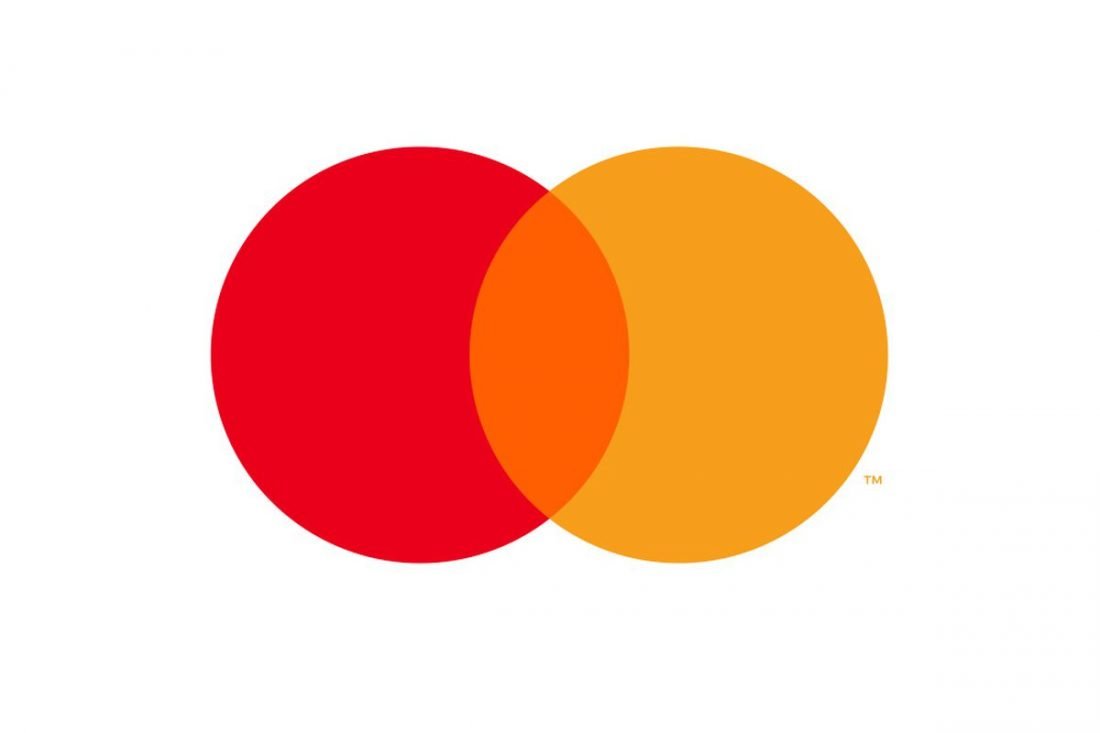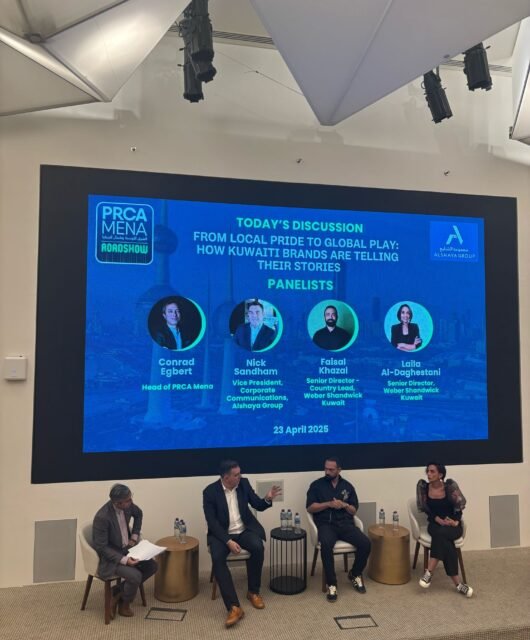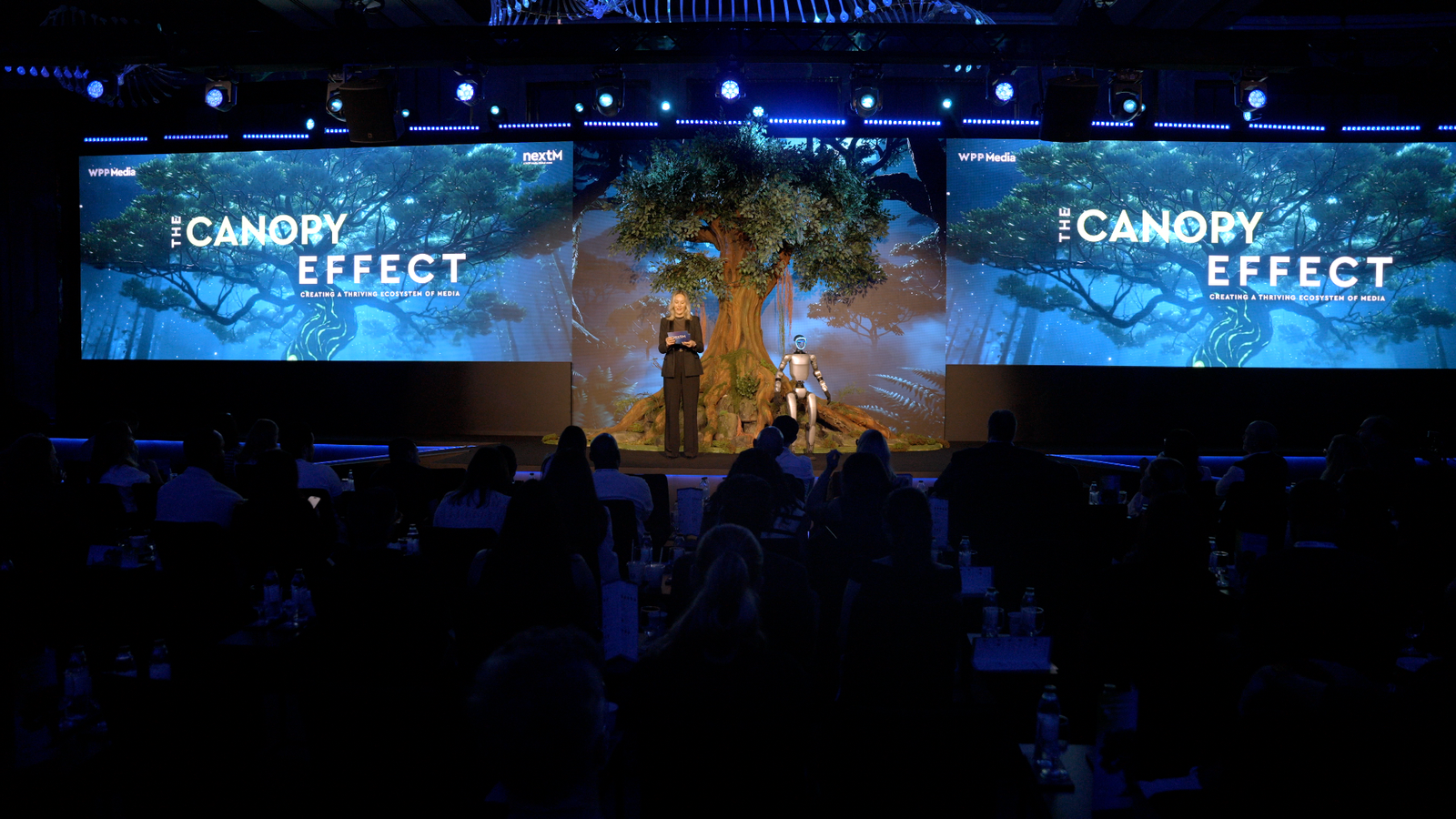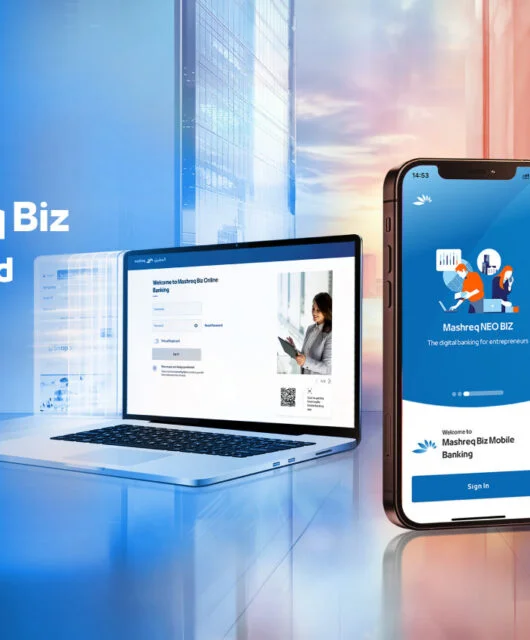Mastercard And Zywa Launch Financial Literacy Roadshow To Transform Finance Management For Youth In The UAE
- 60-day roadshow aims to enhance financial literacy among young individuals
- Initiative to include hands-on, interactive workshops and demonstrations
Dubai, UAE; 10 October 2023: Mastercard has collaborated with Zywa, the first payments app in the Midde East and North Africa (MENA) that is exclusively tailored for Gen Z, to host a financial literacy roadshow at some of the prestigious universities and schools across the UAE. The first-of-its-kind partnership will seek to equip the country’s young people with the knowledge and tools necessary to navigate their financial future.

Between 9 October to 4 December 2023, the campaign aims to raise awareness about the importance of cultivating responsible spending habits from an early age, and demonstrate how Zywa’s platform, complemented by Mastercard’s cutting-edge payment solutions, can play a pivotal role in achieving this goal.
To help address the financial literacy gap among youth, the joint initiative leverages Mastercard’s expertise in financial services and Zywa’s fintech innovation capabilities to bring practical financial education to students in the UAE.
The roadshow is aligned with the objectives of ‘We the UAE 2031’, a comprehensive national strategy that aspires to build a diversified, knowledge-based economy and a vibrant, tolerant society. A key aspect of the strategy is empowering young people to become active contributors to society and the economy. The initiative directly supports this goal by setting young individuals on a path to financial success and security, thus nurturing self-reliance and independence.
“In today’s dynamic world, where financial decision-making is increasingly complex, fostering financial literacy early on is crucial. Attuned to the financial needs of Gen Z, Zywa is an ideal partner to instill responsible money management habits among UAE’s youth. Through our collaboration, we are not just facilitating transactions – we are forging a pathway to financial independence and a future of boundless possibilities, one empowered young person at a time,” said Amnah Ajmal, Executive Vice President, Market Development, EEMEA, Mastercard.
The 60-day roadshow features interactive sessions, where participants can ask questions and seek advice, ensuring that they receive personalized guidance that addresses their unique financial needs. Unlike traditional financial education programs, it involves hands-on demonstrations that are all about practical application and engages youth in real conversations about money management in a fun way.
In addition, Zywa is showcasing its user-friendly fintech platform, highlighting how it empowers young people to take control of their finances, set financial goals, track expenses and make secure payments with their own Mastercard. To encourage active participation, the two partners are offering exciting prizes to exceptional students who demonstrate their commitment to financial literacy throughout the event.
“In our vision, a brighter financial future begins with knowledge, and at Zywa, we have set out to redefine the currency of tomorrow. Our pioneering partnership with Mastercard for the financial literacy roadshow is not just about empowering youth of the UAE; it marks a pivotal moment in our journey towards revolutionizing how young individuals manage their finances. As residents of this region, we understand the aspirations and challenges firsthand, and it fuels our commitment to positioning Zywa as the unrivaled market leader for youth payment platforms in the UAE and beyond,” said Alok Kumar, Founder & CEO, Zywa.
Individual debt levels in the UAE are the third highest in the region. 46.7% of the population – or 4.3 million people – are in debt, while 12.8% are actively looking for a loan[1]. Meanwhile, the financial literacy rate in the country stands at only 30.7%.[2]
Research has proven that financial literacy classes enable students to make better financial decisions later in life. A study by the Organisation for Economic Co-operation and Development (OECD) shows that low levels of financial literacy are associated with a lower standard of living, decreased mental and physical well-being and greater reliance on government support. On the other hand, as young individuals become financially empowered, they are less likely to rely on social welfare programs or accumulate unmanageable debt, reducing the burden on government resources and social support systems.





